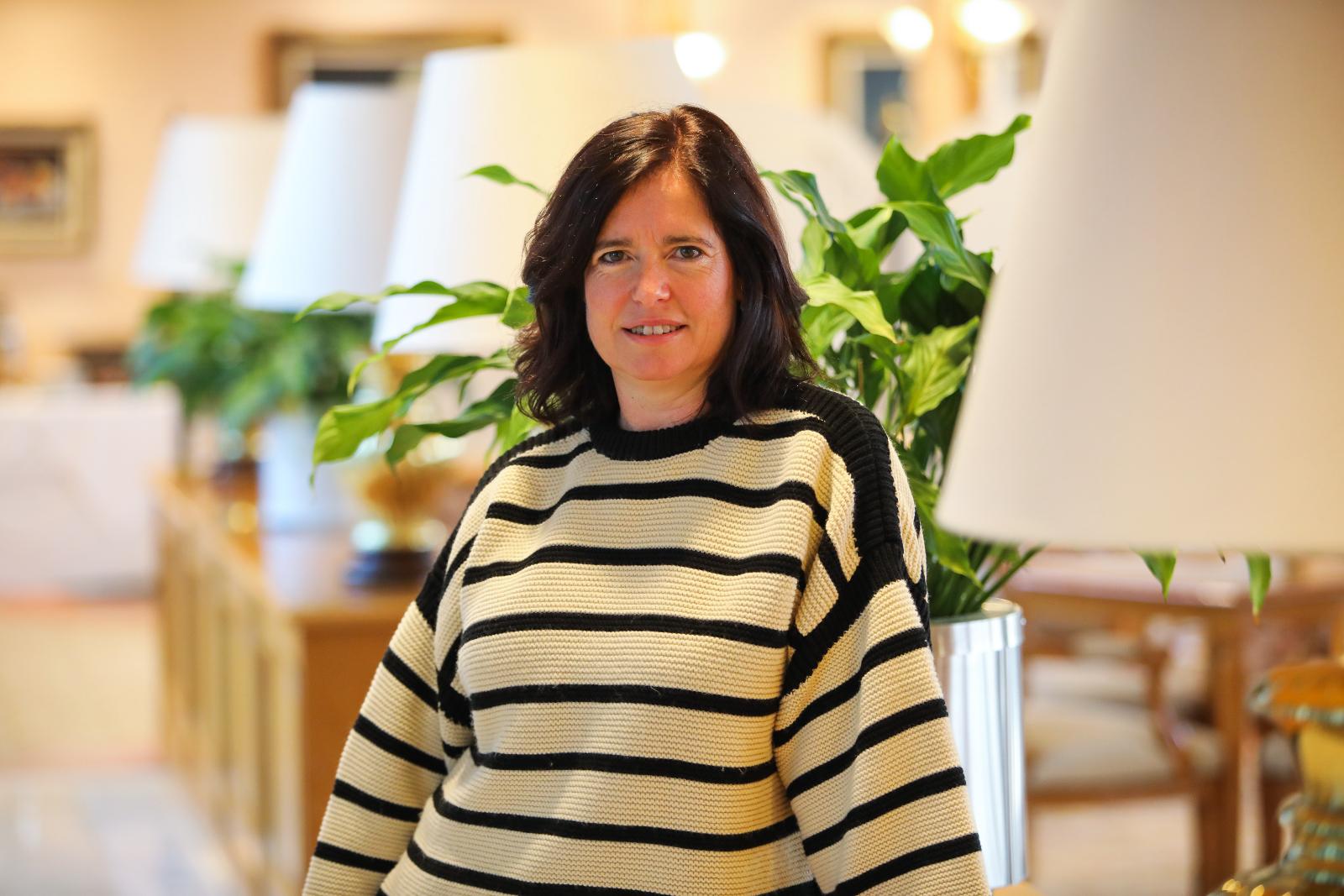Collective residencies / LINGUISTIC RIGHTS II / Olot
MAITE PUIGDEVALL SERRALVO
From Monday, 2 November 2020 to Saturday, 7 November 2020

Bio
Maite Puigdevall is Senior Lecturer of Catalan Philology, in the Department of Arts and Humanities at the Open University of Catalonia since 2008. She graduated in Philosophy and Letters (Catalan Philology, UdG, 1995); Master in Welsh Ethnological Studies (Cardiff University, Wales, 1997) and Doctor of Philosophy (Language Planning, Cardiff University, 2006).
She is a member of the research group Identi.cat on “Language culture and identity in the global era. Her areas of expertise are Critical Sociolinguistics and Language Policy and Planning in minority language contexts in Europe. Her current research focuses on advancing the understanding of the “new speaker” subject of minority languages in the Catalan context from an intersectionality point of view, this is focusing on different aspects of the subject: gender, race, social class, etc. She has recently published the co-authored book on this subject: Ramallo, Fernando, Estibaliz Amorrortu and Maite Puigdevall (2019). Neohablantes de lenguas minoritarias en España. Madrid: Iberoamericana Vervuert.
Project
My goal to carry out during the stay at the Faber Residence focuses on the elaboration of an article to be sent to the journal "Gender and Language". The provisional title of the article is: "Linguistic mudes and gender roles". In this article I want to focus the attention on gender roles in the process of learning and appropriation of Catalan language by immigrant women. I want to find out what relationship exists between the condition of woman in its various dimensions or identities: as a mother, housewife, worker, friend, wife, etc. with linguistic mudes towards Catalan. Tha data comes from an ethnographic study carried out in the Language Volunteering programme of the Consortium for Linguistic Normalization from which I could observe the muda processes by two Moroccan women and what the knowledge and use of this language meant for them in terms of access to symbolic, social and material resources.
